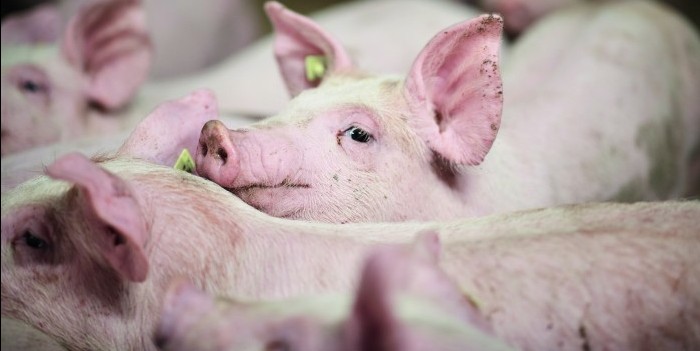Pig producers have been urged to remain vigilant and maintain biosecurity levels, after an influenza strain currently circulating in pigs in the UK was confirmed in a person in North Yorkshire.
This was first case of Influenza A(H1N2)v detected in a human in the UK, although it has been reported elsewhere, including in Europe and the US.
The individual concerned in North Yorkshire experienced a mild illness and has fully recovered. The source of their infection has not yet been ascertained and remains under investigation, although it is understood they were not connected to the pig industry.
While the announcement initially prompted comparisons to the H1N1 ‘swine flu’ pandemic in humans of 2009, the NPA stressed that H1N2 was only transmissible from pigs to humans, and not from human to human.
“There is no evidence there is any risk to humans from either handling or eating pork,” NPA chief executive Lizzie Wilson said. “The NPA understands that the UKHSA is investigating how this virus strain was contracted by a human and we await their conclusions.”
There has been a marked increase in reports of flu in pigs in recent weeks and months.
Ms Wilson added: “Pig keepers should be vigilant to any signs of ill health amongst their animals and maintain high levels of hygiene and biosecurity when working with pigs.
We also encourage the use of the APHA and SRUC free testing service and to consult the Code of Practice for Swine Influenza. If you are concerned, please consult your veterinary surgeon.”
The message was reiterated by Chief Veterinary Officer, Christine Middlemiss. “We know that some diseases of animals can be transferred to humans – which is why high standards of animal health, welfare and biosecurity are so important,” she said.
“Through our animal and human surveillance systems, we work together to protect everyone. Pig keepers must also report any suspicion of swine flu in their herds to their local vet immediately.”
UKHSA stressed that human infections with swine influenza viruses occur ‘sporadically’. There have been 50 human cases of influenza A(H1N2)v reported globally since 2005, although none were related genetically to this strain.
Based on early information, the infection detected in the UK is different from recent human cases of influenza A(H1N2) elsewhere in the world, but similar to viruses in UK pigs, it said.
Swine influenza symptoms
Clinical signs in pigs can include:
- sneezing, coughing and difficulty breathing
- abortions (in some cases)
- increased discharge from eyes or nose
- high temperature
- loss of appetite
- weakness
- swollen and red eyes.
Infected animals will usually recover in 5 to 7 days.




